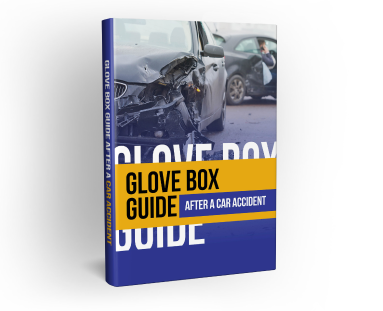If you’ve ever seen the show Ice Road Truckers, you’ve seen what many of us cannot imagine: extreme icy and steep road conditions that loom before the men and women who take their lives into their own hands every day simply doing their jobs. Driving logging trucks, semi-trucks that carry vehicles and other equipment, and diesel trucks that transport contaminants and hazardous materials day in and day out are just a few of those jobs they must endure.
In Northern Arizona where it seems likely that the most common weather is dry and arid, conditions do exist in the high desert where record snowfall could occur from the months of December through May. During this time, it’s not uncommon for locals to hear about highway closures on Interstate 40, which runs through parts of Route 66, a popular trek for tourists and a driver’s nightmare when the weather is rough. One trucking slip-up recently resulted in a multi-vehicle pileup and vehicles being stranded in the snow and hazardous non-visible conditions overnight and into the next day.
While it takes time to compile annual statistics due to the many details involved with commercial trucking accident litigation, we do know that in 2010, over 500,000 accidents occurred involving large or commercial vehicles. Out of that number, 100,000 of those people were injured and 5,000 people died (a figure up from 2009 where 3,200 people died as a result of a commercial truck related accident). The increase could be related to distractions that face all drivers such as cell phone use and texting. In an occupation like commercial trucking, or in an occupation that requires drivers to drive a commercial vehicle, it’s taken for granted that the vehicles we see on the road are well maintained and that the driver knows what he is doing, and where he is going.
If you are a driver who has to drive along a road heavily populated by truckers, either routinely or for a one-time visit, what do you need to look for so you won’t be involved in a truck related accident? Being aware of the reasons that trucking accidents occur might prevent an accident from happening in the first place. Trucking accidents occur due to:
- Irregular vehicle maintenance. A truck driver is required by many companies to keep a regular vehicle maintenance schedule and to have the right tools for the road in case of emergency. If you drive a road frequented by truckers, make sure your own tools are in working order, and that you have chains for your car if you are going to be driving in ice or snow.
- Not knowing the route. While it’s not always possible to do so, knowing where you are going and keeping abreast of weather conditions will help ease the anxiety when you are on the road, and knowing where rest stops and pull-offs are located in case you do encounter areas that are heavily populated with slow-moving vehicles.
- Sleep deprivation. Many truckers have to work long hours and are paid when they reach a destination in record time. The last thing you want to is to see a swerving vehicle coming into your lane because the driver didn’t get enough sleep. Stay alert.
- Not keeping brakes in good working order and not heeding signs where there are pullouts to test brakes in stormy conditions.
- Failure to check the materials being carried on regular basis. Truckers should do this to ensure that nothing has come loose during the course of travel. Going over a bump or taking a curve could mean a shift in the load. Take heed when passing vehicles carrying weight-bearing loads.
- Not seeing your vehicle as it approaches due to a blind spot. All good drivers should make sure that blind spots are cleared and that windows are not blocked. Make yourself known when passing and make sure you have ample time to do so.
- Drinking alcohol or taking medications while on the road.
Remember that in treacherous road conditions, anything could happen, and you may still find yourself in a situation where you need legal assistance for an injury sustained while you were driving. If a truck driver collides with your vehicle, you’ll want to seek the advice of counsel who has your best interests at heart and who has experience dealing with large trucking companies. Defend yourself on the road by knowing what to look for in all vehicles, large and small.





























